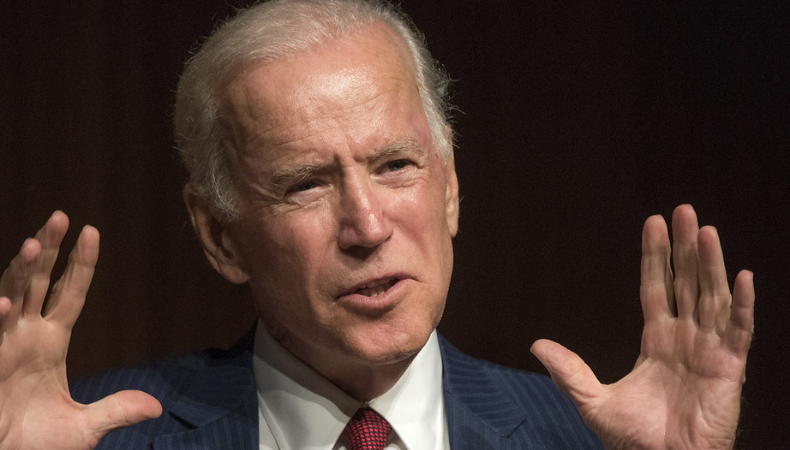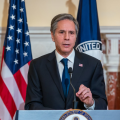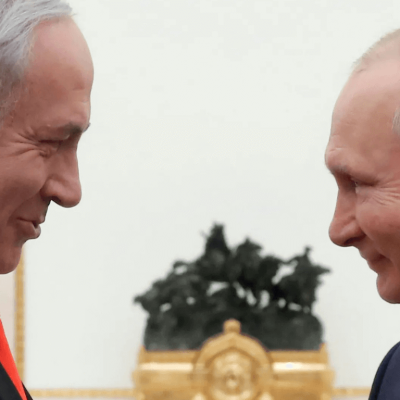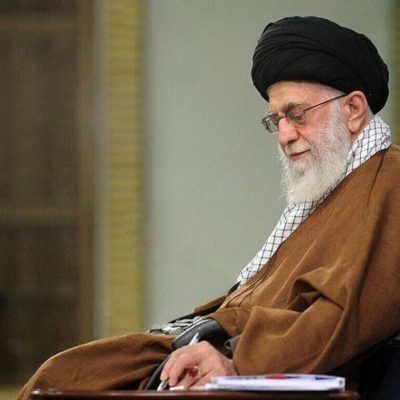Biden’s Blueprint for Gaza Ceasefire Takes Shape: The US Ceasefire Proposal in Gaza

The United States, under President Biden’s administration, has proposed a comprehensive ceasefire plan in Gaza to halt the ongoing conflict and initiate a process for lasting peace. This initiative addresses immediate concerns and long-term solutions, highlighting the US’s commitment to fostering stability in the region.
Israel and Hamas: Tentative Responses
Israel’s Position
The Israeli government, led by Prime Minister Benjamin Netanyahu, has articulated a three-part plan including a six-week ceasefire, the return of Israeli hostages, and a major reconstruction effort for Gaza. Netanyahu’s administration emphasizes the necessity of securing these elements to ensure any ceasefire is practical and sustainable. The government stresses that the ceasefire must lead to the demilitarization of Hamas and a permanent cessation of hostilities to prevent future conflicts. The return of hostages is a particularly sensitive issue, with Israel insisting on their safe return as a precondition for substantial progress.
Hamas’s Reaction
Hamas has responded positively to the ceasefire proposal, expressing a willingness to engage constructively with any plan that includes a permanent ceasefire and addresses key issues such as reconstruction and prisoner exchange. Hamas officials view the proposal as a potential pathway to alleviating the humanitarian crisis in Gaza, provided it incorporates meaningful political and economic concessions. The group’s leadership has stressed the importance of a long-term solution that includes lifting the blockade on Gaza and ensuring the free movement of people and goods.
Netanyahu’s Statement
Prime Minister Netanyahu’s office has emphasized Israel’s main goals: the return of all abductees and the elimination of Hamas’s military capabilities. The statement from Netanyahu’s office suggests a cautious approach, indicating that while the proposal is under consideration, it must align with Israel’s security principles. Netanyahu emphasizes that any ceasefire must be comprehensive and enforceable to ensure lasting peace. He has also highlighted the need for international guarantees to ensure Hamas complies with the terms of the ceasefire.
International Reactions and Next Steps
The international community, including UN Secretary-General Antonio Guterres, has welcomed the US’s initiative, urging all parties to seize this opportunity for peace. The proposed plan is seen as a detailed roadmap to an enduring ceasefire, with the first phase involving a full and complete ceasefire and the release of captives.
The UN, alongside other global entities, views this proposal as a significant diplomatic effort that could lay the groundwork for a more stable and peaceful Middle East. European Union officials have echoed similar sentiments, calling for an immediate cessation of violence and a return to negotiations based on mutual respect and international law. Several countries have offered to mediate and provide humanitarian assistance to facilitate the peace process.
Keep on Reading
Challenges and Considerations
While the initial reactions from both Israel and Hamas are cautiously optimistic, the path to a lasting ceasefire is fraught with challenges. Political complexities, historical grievances, and deep-seated mistrust between the parties complicate the negotiation process. Key issues that need addressing include the disarmament of militant groups, the establishment of a robust monitoring mechanism, and the assurance of humanitarian aid to Gaza.
Furthermore, the internal political dynamics within Israel and Gaza could impact the negotiation process. Netanyahu faces pressure from hardliners within his government who are skeptical of any concessions to Hamas. Similarly, Hamas must navigate internal factions and ensure that any agreement has broad support within Gaza. The involvement of external actors, such as Iran’s support for Hamas, adds another layer of complexity to the peace efforts.
Conclusion: A Delicate Balance
The US’s ceasefire proposal represents a significant diplomatic effort to resolve the conflict in Gaza. It seeks to balance immediate humanitarian needs with long-term security and political solutions. While the initial responses from Israel and Hamas are tentatively positive, the intricate details and political complexities suggest a challenging path ahead.
The world watches as leaders navigate these delicate negotiations towards a hopeful resolution. Achieving lasting peace will require sustained commitment, mutual concessions, and unwavering support from the international community. The US’s role as a mediator will be crucial in guiding both sides towards a viable and enduring peace agreement, fostering a new era of stability and cooperation in the region. The success of this initiative could set a precedent for resolving other protracted conflicts in the Middle East and beyond.











